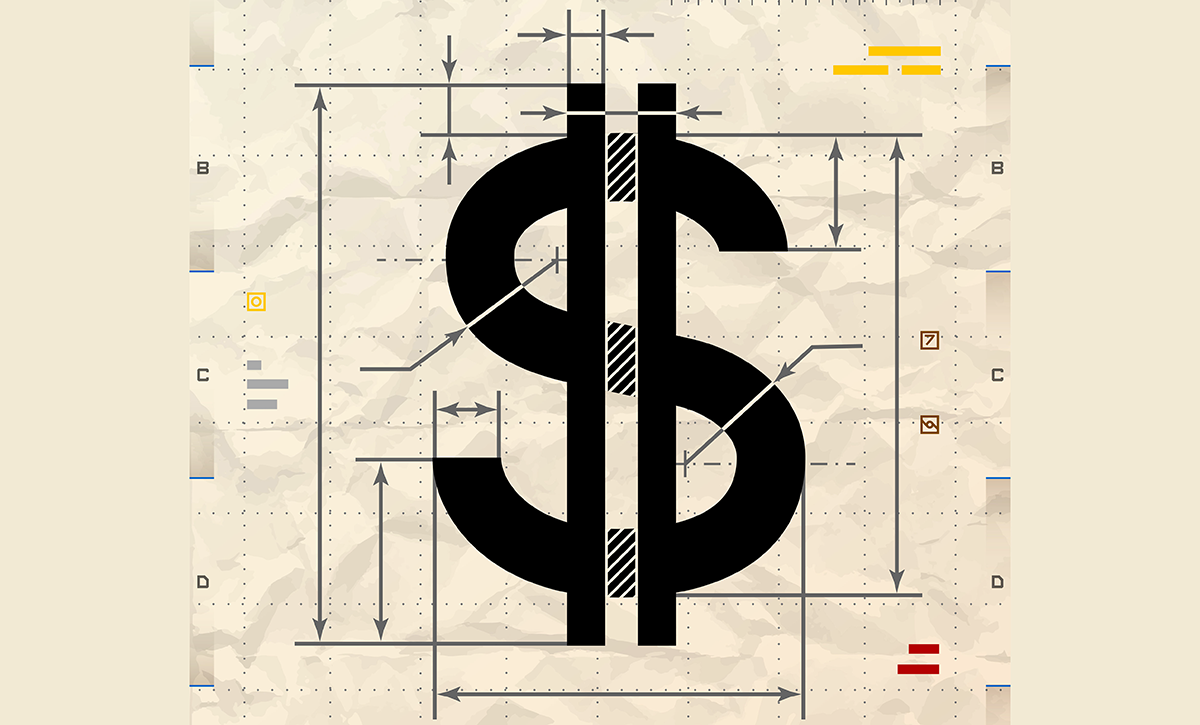For the first time in many years, the commodity-trading industry has caught the eye of policymakers and regulators. They're not pleased.
In a series of recent reports, letters, and confidential memos from major central banks and global financial regulators, a couple of words creep out: "opaque" and "unregulated."
Anyone familiar with commodity trading would be forgiven for thinking this is obvious. It is, but don't dismiss the newfound attention. Coming from some of the world's most powerful institutions, from the U.S. Federal Reserve to the Financial Stability Board (FSB) to the International Monetary Fund (IMF), this heralds a new era for the industry—one of greater oversight, at the very least, if not outright regulation.
Recommended For You
For decades, policymakers have focused on the most transparent side of commodity markets—futures and options—and paid little attention to the murkier corners: above all, privately negotiated over-the-counter (OTC) derivatives and physical markets. Any extra oversight fell on what was already quite regulated and transparent. That failure to dig into the opaque allowed top commodity trading houses, such as Vitol Group, Trafigura Group, Glencore Plc, and Cargill Inc., to expand without the burden of extra regulation.
The Russian invasion of Ukraine, and the resulting jump in commodity prices, has since catalyzed attention toward "the resilience of corners of global financial markets that were little known by the broader public only a few weeks ago," as the IMF put it.
It wasn't just the broader public. Regulators themselves knew little. The Bank of England was rather candid about it: "The assessment of risk was made more difficult by the relative opacity of commodity derivatives markets" and the fact that some "material physically settled transactions are not reportable to trade repositories." The British central bank added that several "important" commodity firms weren't subject to transparency regulations put in place after the global financial crisis.
What's Coming for Commodity Derivatives Markets
What's coming is likely similar to what Wall Street faced after 2009: a lot more supervision. More regulation was a given after energy traders asked for help. In a letter to governments and regulators, the lobby group for European energy traders warned in March of "intolerable cash-liquidity pressure" across the sector and asked for taxpayer monetary support. Central banks, including the European Central Bank (ECB) and the Fed, said no to the proposed bailout. Only the German government decided to use a state-owned bank to support its utilities, some of which are big traders. But policymakers were rather alarmed that the energy traders, which have always lobbied for self-regulation, asked for help.
Now, the FSB, a body created in 2009 by the G-20, has promised an "in-depth analysis" of the vulnerabilities surfacing from Russia's war in Ukraine, "with a particular focus on commodity markets." In a letter last week, Klass Knot, the chairman of the FSB and head of the Dutch central bank, highlighted two areas of interest for regulators: the link between commodity traders and the banks which finance them, as well as the potential for a big commodity trader to go belly up if raw materials prices spike again.
Commodity-trading houses rely on bank loans to buy oil, metals, and foodstuff, which means they often risk very little of their own equity, but their health is linked to that of the banking industry financing their trades. As the IMF put it, banks "play a crucial role and have significant exposures" in commodity markets, "including by providing liquidity and credit to a small group of large energy trading firms that operate globally, are largely unregulated, and are mostly privately owned."
Let me emphasize a few of those words: "small group of large firms," "unregulated," and "privately owned." That's the kind of stuff that makes policymakers sweat—they point to concentrated risk in an opaque corner of the market that's received little attention until now.
The Fed, via its Dallas branch, put a similar emphasis when ruling out a bailout. "The threshold for central bank intervention in unregulated markets is high," it said. Instead, it recommended the sector to shore up its finances rather urgently. "It would be prudent for firms active in commodities markets to proactively assess and further strengthen their liquidity profiles."
Now regulators need to follow up—and resist the likely lobbying efforts from the industry.
A first step is increasing understanding. As the Bank of England put it, many corners of the commodity-trading sector are opaque. Before any regulation is applied, there needs to be greater transparency. So shine a light on OTC derivatives markets, mandating disclosures similar to the ones already in place for futures and options markets. The recent chaos in the nickel market was exacerbated because regulators didn't realize the size of the OTC positions, having wrongly assumed that looking at the positions on the London Metal Exchange was enough.
Physical markets need disclosures, too. Here's one idea: G-7 countries could agree to set up a register of international oil transactions. Revolutionary? Well, that's what they agreed to do in 1979. This was never implemented because oil traders defeated every attempt at regulation.
Regulators also need to examine the amount of risk commercial banks are taking by underwriting the commodity-trading industry, and especially whether traders are backing the loans they take with enough of their equity. Commodity traders may need to raise more capital to stay in business, as the Fed has already suggested.
For the last decade, commodity traders have been under the microscope of law enforcement agencies, with the U.S. Department of Justice in particular clamping down on bribery and money laundering. It's about time financial regulators put them under the magnifying glass too.
© Touchpoint Markets, All Rights Reserved. Request academic re-use from www.copyright.com. All other uses, submit a request to [email protected]. For more inforrmation visit Asset & Logo Licensing.



